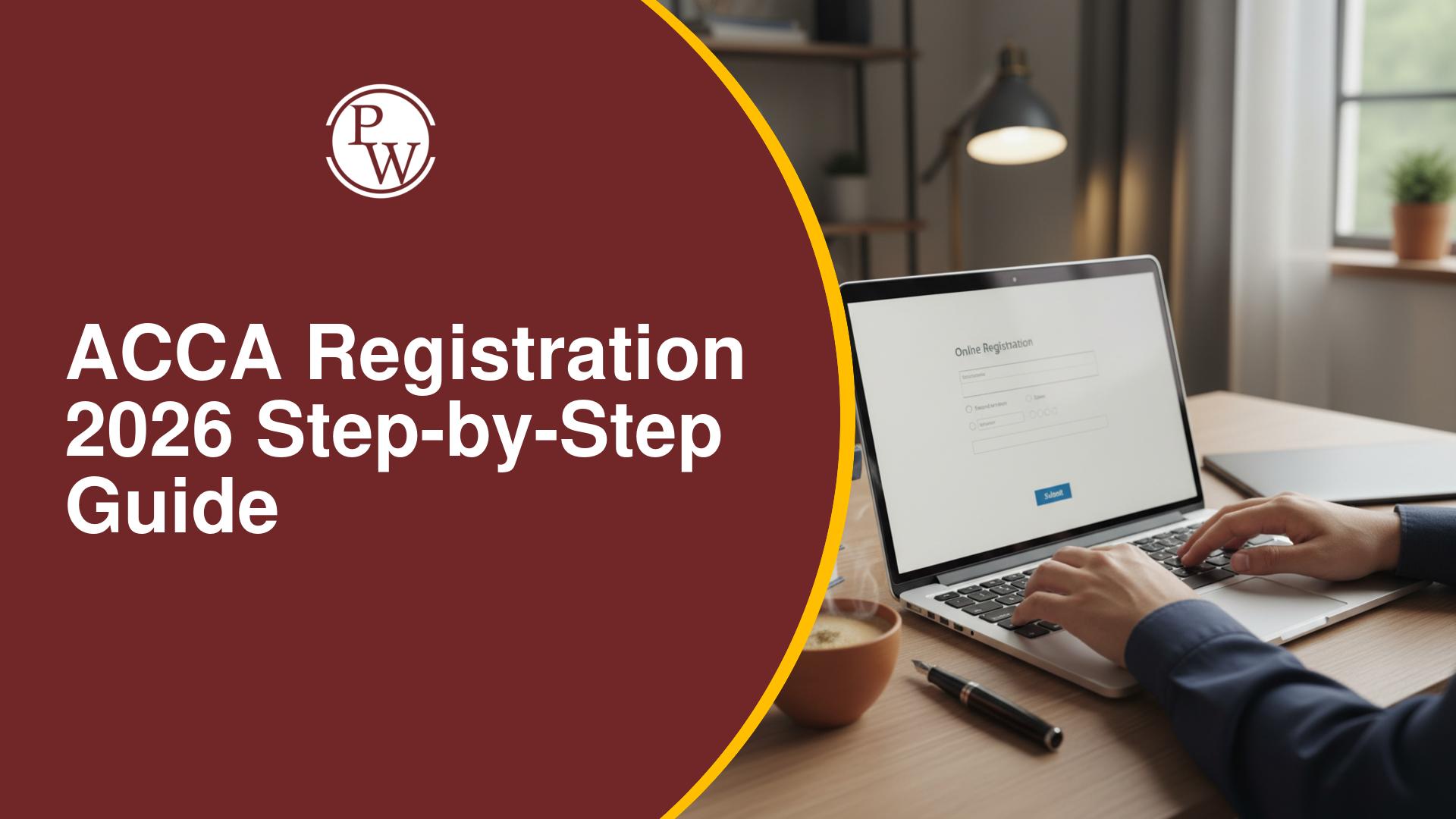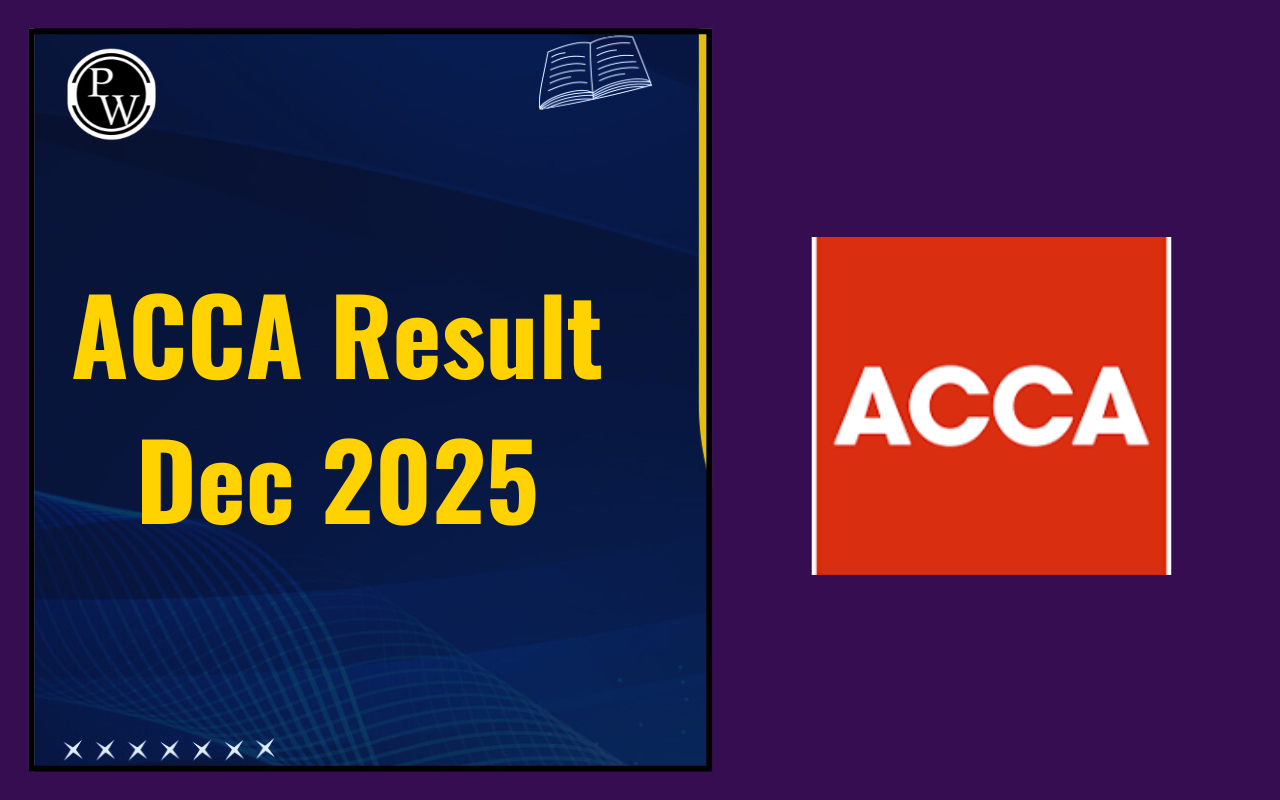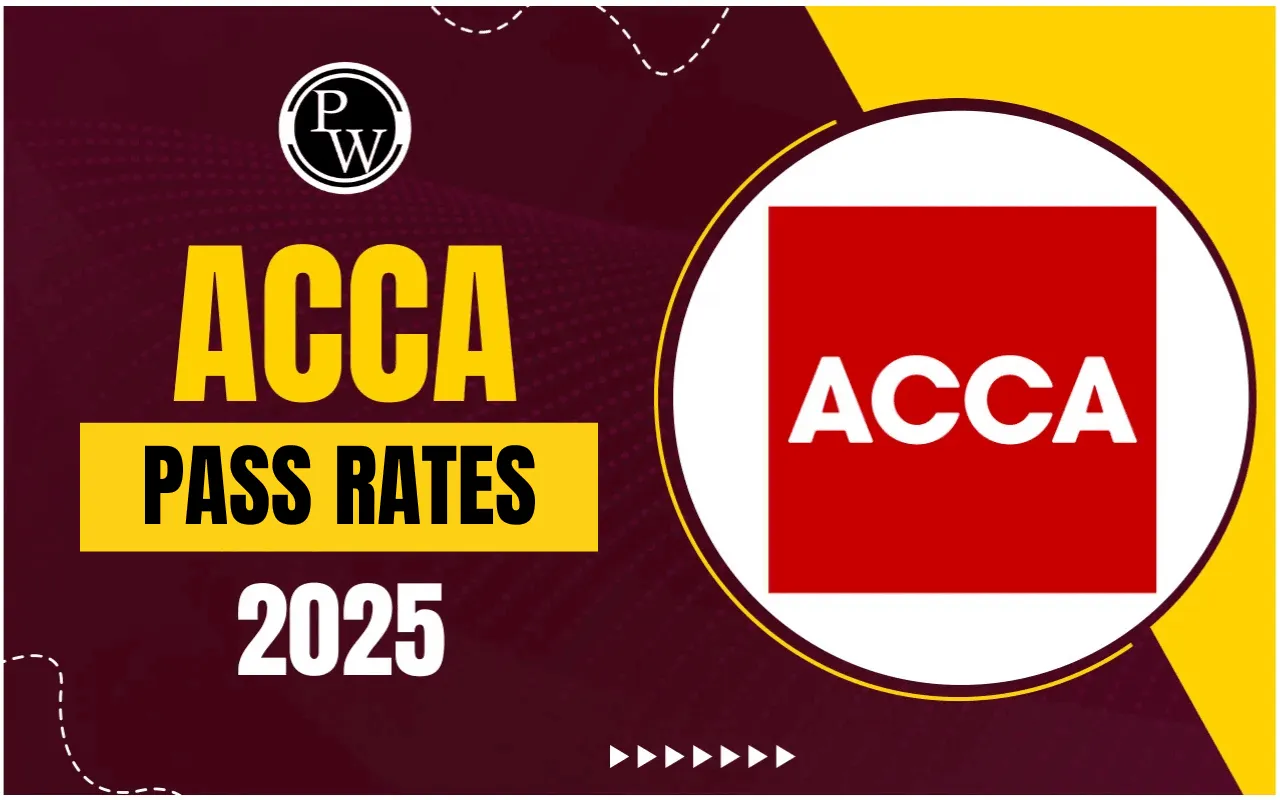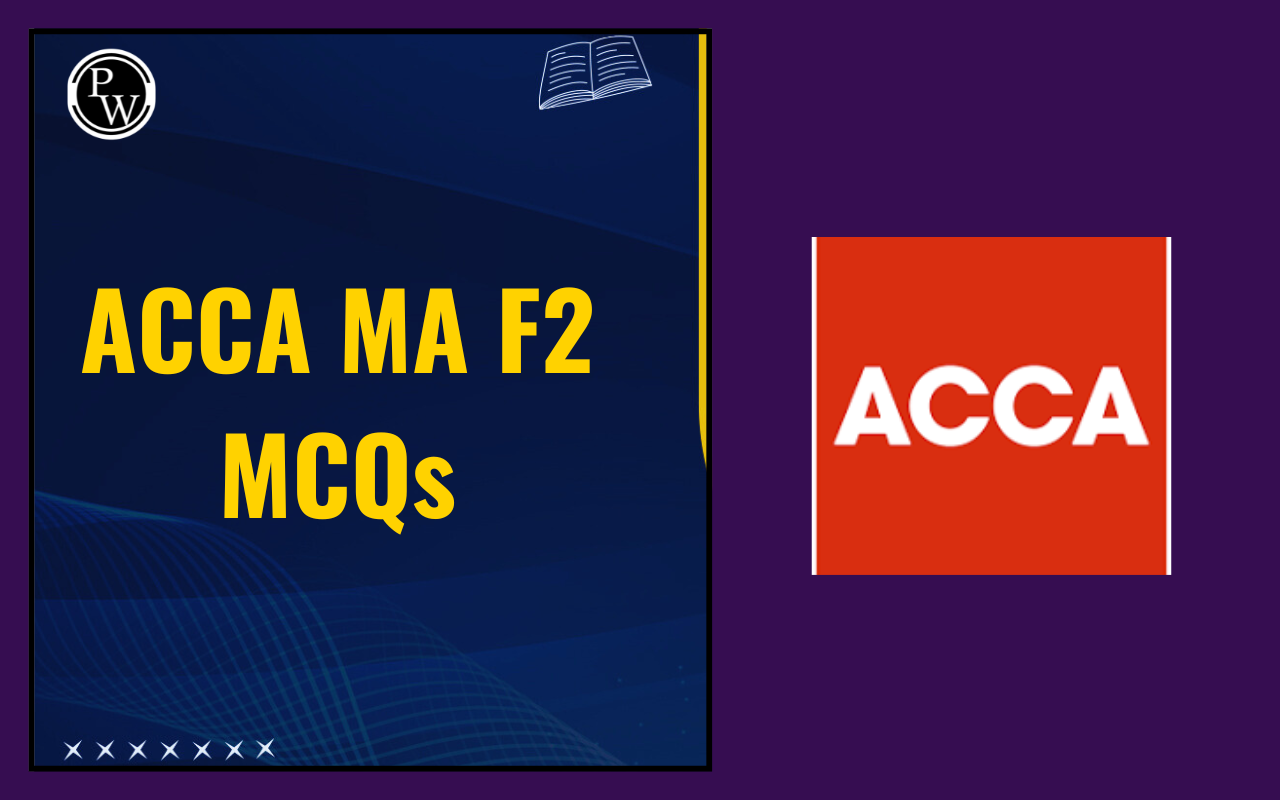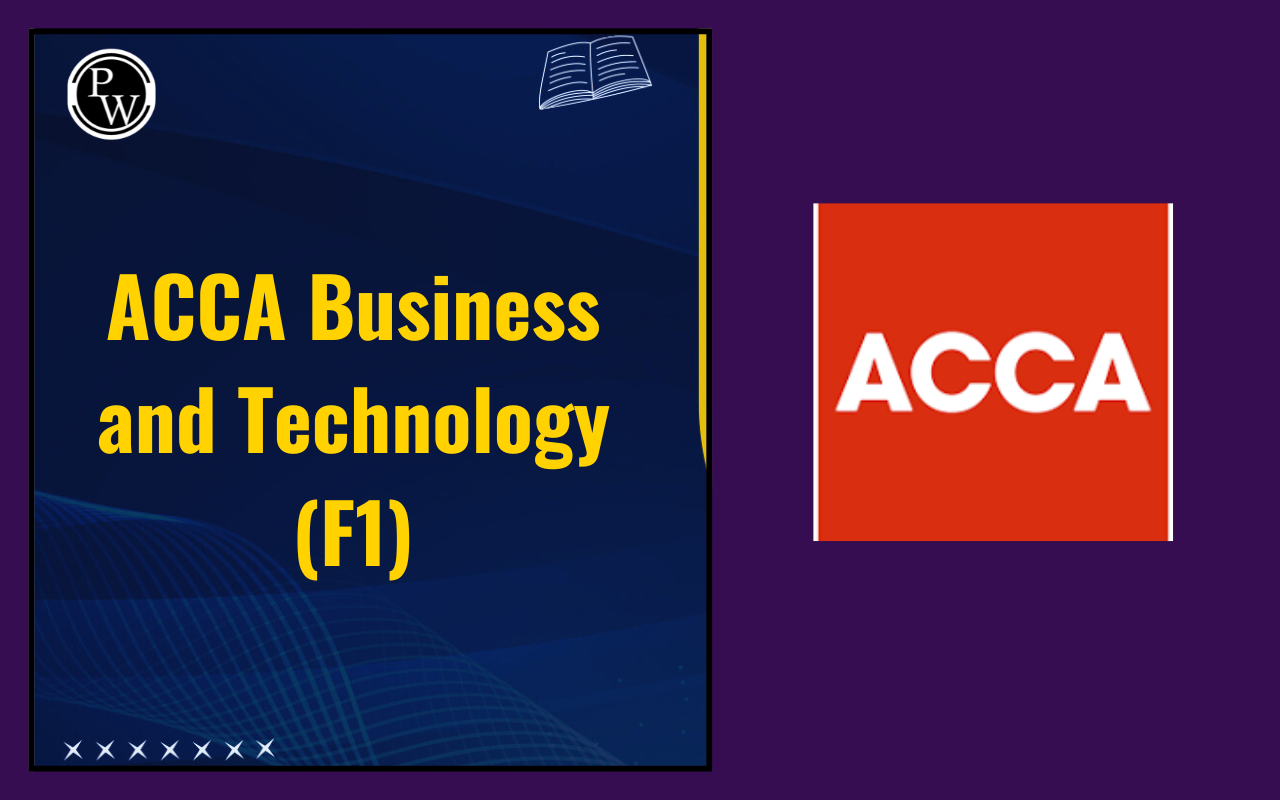
ACCA examination process evolves to include remote invigilation options, it brings with it a new set of challenges for candidates. While the convenience of appearing for exams from one’s own space is appealing, it has also introduced various technical and procedural risks that can inadvertently disrupt exam performance.
Among these concerns, ACCA Remote Exam Mistakes are some of the most common yet avoidable hurdles that students encounter. This article aims to provide a comprehensive guide for ACCA students to understand, anticipate, and proactively address these mistakes, ensuring a smooth and successful remote exam experience.
Importance of Avoiding ACCA Remote Exam Mistakes
The ACCA qualification holds significant professional value, and every examination attempt counts. Technical issues, environmental distractions, or overlooked protocols can result in wasted attempts, increased stress, and even postponed exams.
By identifying and rectifying common ACCA Remote Exam Mistakes, students can focus solely on their exam performance without avoidable disturbances.
Most Common ACCA Remote Exam Mistakes
Let’s start by breaking down the major ACCA Remote Exam Mistakes students often make. This will help you see what’s at stake.
Skipping the Mandatory Performance System Test
One of the most frequent ACCA Remote Exam Mistakes involves neglecting the Mandatory Performance System Test provided by ACCA. This test is designed to verify that a candidate's computer system, software, and peripherals meet the minimum technical specifications required for the exam.
Many candidates mistakenly assume that a system capable of everyday tasks will naturally support ACCA’s examination software. Unfortunately, system compatibility issues such as outdated browsers, insufficient memory, or software restrictions often surface only during the exam, leading to technical failures and exam disqualification.
Best Practice: It is strongly recommended that students perform this system test immediately after scheduling their exam and at least a week prior to the examination date. This provides ample time to resolve any technical discrepancies and become acquainted with the exam environment.
Neglecting to Arrange a Reliable Power Backup
Another overlooked ACCA Remote Exam Mistake involves the absence of a reliable power backup solution. Given the unpredictability of power supply interruptions, especially in regions with frequent outages or fluctuating electricity, candidates risk losing valuable time or even their entire exam attempt due to sudden power failures.
A brief power cut can disconnect a candidate from the exam server, creating complications in submission and leading to increased anxiety and time loss.
Best Practice: It is advisable to invest in an Uninterruptible Power Supply (UPS) system or ensure access to an alternative power source. Additionally, candidates should fully charge their laptops or tablets and test their backup options to confirm their functionality before the exam day.
Overlooking Internet Stability and Backup Connectivity
One of the most critical ACCA Remote Exam Mistakes involves underestimating the importance of a steady internet connection. Unlike general internet browsing or video streaming, online examinations require continuous, stable connectivity without sudden drops in speed or signal.
Candidates often rely solely on Wi-Fi connections, which can be subject to interference or speed fluctuations. An unstable connection risks exam submission errors, disconnections, or potential system lockdowns by the invigilation software.
Best Practice: A wired LAN connection is highly recommended over Wi-Fi to ensure maximum stability. Candidates should conduct speed tests a day prior and an hour before the exam to verify consistency. It is also advisable to restrict internet usage for non-essential devices within the household during the exam period.
Failing to Practice with the Scratch Pad and Exam Interface
Among the subtle yet impactful ACCA Remote Exam Mistakes is neglecting to familiarize oneself with the exam interface and scratch pad tool. The scratch pad serves as a virtual workspace for calculations, note-taking, and drafting responses, integral to efficient exam management.
Candidates who are unaccustomed to the digital tools available during the remote exam often struggle with navigation, waste valuable time, or overlook useful functions that could enhance their exam performance.
Best Practice: ACCA provides a free practice environment, including access to the scratch pad and the full exam interface. Students should make it a point to engage with these tools thoroughly, understanding how to input formulas, organize draft answers, and navigate between questions seamlessly.
Inadequate Preparation of the Exam Day Environment
Another essential factor contributing to ACCA Remote Exam Mistakes is insufficient attention to the physical exam environment. Remote invigilation protocols require a quiet, well-lit, and interruption-free space to maintain exam integrity and avoid disqualification.
Unexpected disturbances, unclear webcam visuals, or unauthorized persons entering the room during the exam may lead to the exam being flagged or terminated by the invigilator.
Best Practice: Candidates should carefully select a secure and private room for their examination. The workspace should be cleared of unauthorized materials, mobile phones, and additional monitors. It is important to inform family members or housemates about the exam schedule to avoid accidental interruptions.
Also Check: How to Get an ACCA Scholarship in 2025?
What to Do If Issues Arise in ACCA Remote Exams?
Despite thorough preparation, unforeseen problems can occasionally occur. A vital tip when dealing with ACCA Remote Exam Mistakes is knowing your options in such cases.
If you experience significant technical issues that prevent you from completing your exam, ACCA offers a flexible policy where students may contact them and request a rescheduled exam for the following week. It is essential to report issues promptly and follow the official process to request a postponement.
Familiarize yourself with ACCA’s emergency contact procedures and escalation protocols before exam day. Keep the contact details handy and understand the steps required to report a disruption.
| Also Check: |
| How To Self-Study For ACCA? |
| Can You Finish ACCA in Two Years? |
| Is ACCA Easy to Crack? |
| Can Indian ACCA Work In Other Countries? |
FAQs
What is one of the most common ACCA Remote Exam Mistakes students make?
How important is having a power backup for ACCA remote exams?
Can unstable internet affect ACCA remote exams?
Should candidates practice using the scratch pad tool before the ACCA exam?



